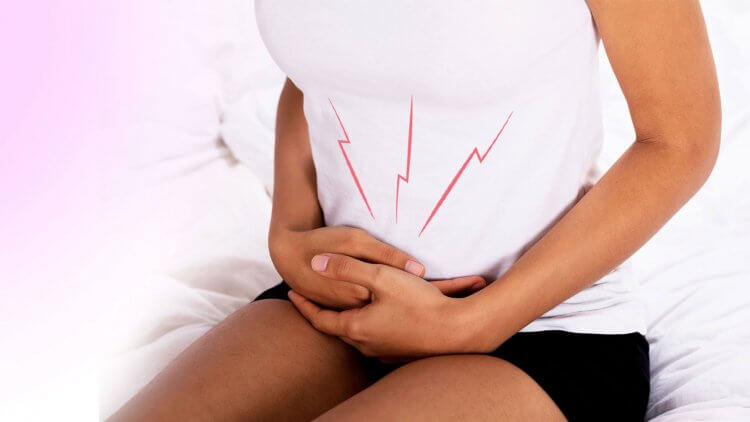cramping 3 days after ovulation could i be pregnant
The Importance of Knowing What’s Causing Your Cramps
Cramps are a common symptom of many women. They can be a sign of a number of different conditions, so it’s important to know what’s causing your cramps in order to get the right treatment.
The most common cause of cramps is menstruation, or having your period. This is the time when hormones in the body change and can cause menstrual cramps. It’s not uncommon for women to experience pain during ovulation as well, which could also be a reason for cramping.
Different conditions that might cause cramping include endometriosis, ovarian cysts, and pelvic inflammatory disease (PID).
If you’re experiencing cramping after ovulation and you’re pregnant then it’s likely that you have an ectopic pregnancy or miscarriage.
—
Symptoms of Pregnancy
Pregnancy is a miraculous process. It takes nine months to complete and it is a time of great transformation. This section will discuss the symptoms of pregnancy, their timing, and what they mean for you and your baby.
Symptoms of Pregnancy:
-Nausea or morning sickness: Nausea or morning sickness is the most common symptom of pregnancy. It usually starts in the first trimester, but can happen at any point in your pregnancy. Although there are many theories about what causes morning sickness, doctors don’t know for sure why it happens to some women and not others. Some women say that their nausea goes away after they have their first baby, but for others it continues throughout all pregnancies.
What Causes Cramps After Ovulation?
Ovulation cramps, also known as mittleschmerz, are caused by the release of an egg from the ovary.
Cramping is a common symptom of ovulation. The uterus contracts to push out the egg and can cause pain in the lower abdomen and pelvic region. Cramping is often accompanied by other symptoms such as bloating, nausea, mood swings and breast tenderness.
The most common cause of cramps after ovulation is that they are caused by the release of an egg from the ovary. This can happen when there is a buildup of eggs in one or both ovaries which causes them to stretch and then contract in order to release one or more eggs at once.
What are the Best Ways to Manage Symptoms with Natural Methods?
The following are some of the best ways to manage symptoms with natural remedies:
1) Ginger – Ginger is effective for menstrual cramps. You can consume it in the form of tea, ginger ale, or ginger candy.
2) Acupuncture – Acupuncture has been shown to be an effective treatment for menstrual cramps.
3) Exercise – Doing exercise not only helps you maintain a healthy lifestyle but also provides relief from menstrual pain.
4) Relaxation Techniques – Yoga and meditation are very beneficial for relieving pain during menstruation.
5) Massages – Massages can help reduce stress levels and ease muscle tension which are both contributors to painful periods.
Could Cramping 3 Days After Ovulation Be Evidence of Pregnancy?
Women who are trying to conceive often experience cramping after ovulation. It is not uncommon for women to have cramps a few days after ovulation, but it is also not always a sign of pregnancy.
There are many reasons why a woman may be experiencing cramping or pain in the lower abdomen, including menstruation and an ovarian cyst. The only way to know for sure if you are pregnant is by taking a pregnancy test.
Some women experience menstrual-like cramps or abdominal pain during the first days of their menstrual cycle. This can happen because they may be ovulating and their uterus is contracting to release an egg from the ovary into the fallopian tube. It may also happen because there’s an ovarian cyst that needs to be released from the body too.
How Long Should I Wait to Test if I’m Pregnant?
It is important to know when you should take a pregnancy test. There are a lot of factors that come into play, including your menstrual cycle and the type of test you are using. The average time it takes for a pregnancy test to work is about 2-3 weeks after your missed period.
There are many misconceptions surrounding the timeline for taking a pregnancy test. It’s important to know what the standard time frame is and why it differs depending on the type of test you’re using. For example, if you’re using an at-home kit, this could take as long as 3 weeks before it provides accurate results, while with a doctor’s office or pharmacy-based kit, this timeframe could be just 1 week.
—

